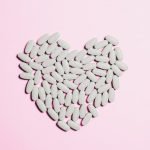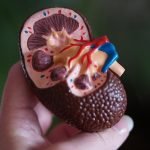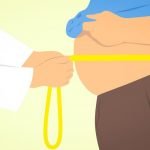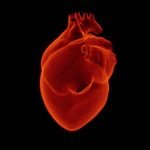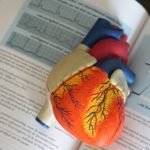Common drugs can lead to irregular heartbeat
In a recent study published in the Proceedings of the National Academy of Sciences, researchers found that dozens of commonly used drugs, including antibiotics,...
Common sleep pills may protect against kidney damage
In a recent study published in the Journal of Clinical Medicine and Pharmaceuticals, researchers found that melatonin protects from kidney damage caused by obesity...
Not just bad shoes and sore muscles – she had peripheral artery disease
Abigail Dudek celebrated her 40th birthday in Las Vegas a few months ago, grateful to go hiking and cycling without pain for the first...
Obesity can worsen liver damage caused by alcohol
In a new study from the University of Sydney, researchers found having overweight or obese considerably amplified the harmful effects of alcohol on liver...
Fat around heart may increase heart failure risk
In a new study from Mount Sinai, researchers found having excess pericardial fat -- fat around the heart -- increases the risk of developing...
This mental problem may triple stroke risk
People with obsessive-compulsive disorder may be more than three times as likely as those without it to have a stroke caused by a blood...
New COVID vaccine guidance for the obese
Vaccines such as Pfizer, Moderna, Johnson & Johnson and AstraZeneca are designed to prevent severe Coronavirus-19 Disease (COVID-19) due to acute respiratory syndrome coronavirus...
High-potency cannabis may affect your memory functions
In a new study from Washington State University, researchers used the video conferencing app Zoom to research a type of cannabis that is understudied:...
This common chemical in food may harm your blood pressure
In a recent study published in the Journal of the American Society of Nephrology, researchers found if more phosphates are consumed with food, blood...
Scientists find new way to increase survival in a heart attack
According to the British Heart Foundation, heart and circulatory diseases cause more than a quarter (27%) of all deaths in the UK, which equates...

